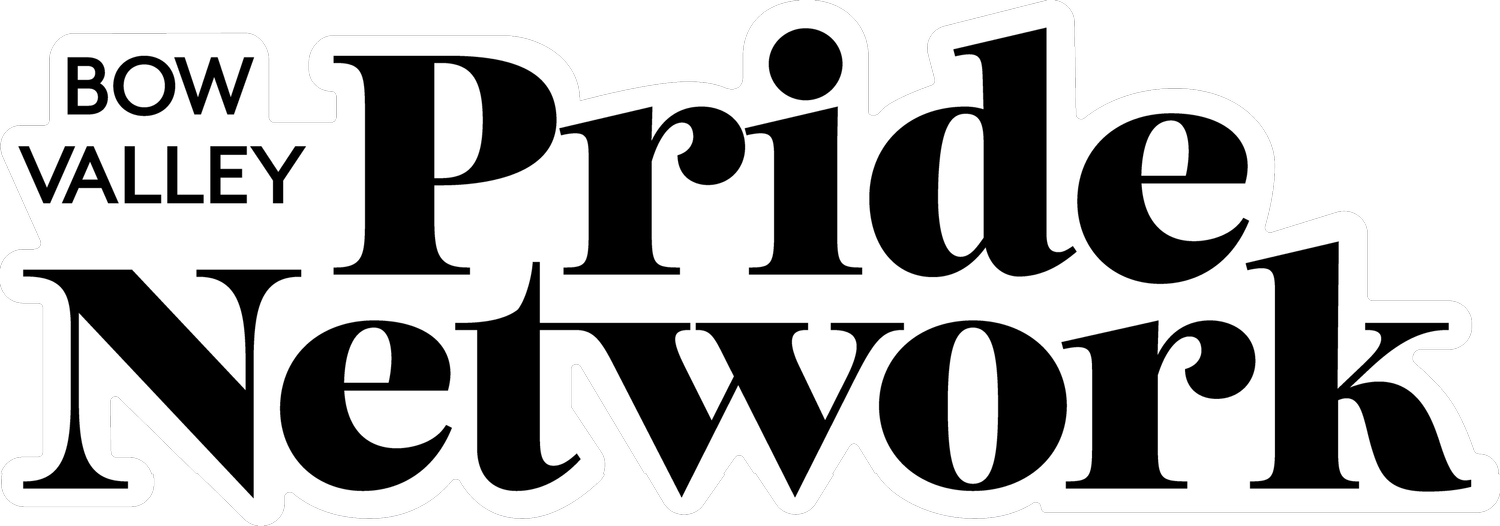DEI Self-Guided Learning
Receiving Diversity, Equity and Inclusion training at work is an amazing opportunity to enhance your knowledge and understanding of DEI work. But the learning doesn’t have to stop there: continuing DEI learning on your own is crucial for personal and professional growth.
Continuing this learning is a great way to enhance personal self-awareness and empathy by uncovering biases and gaps in knowledge and equip you to foster respectful and supportive relationships. It can also help you professionally, ensuring you are adept in navigating changing organizational cultures and supporting many different types of employees with a wide array of lived experiences.
The following resources provide an overview and a mix of perspectives on some important topics in DEI. These resources are not an exhaustive list but instead provide a starting point to build on foundational learning. These resources were collected in 2024 and reflect the current thinking of this time.
Personal Learning
-
Gender diversity includes a variety of gender identities such as male, female, non-binary, genderqueer, agender, and genderfluid. It promotes the recognition, acceptance, and inclusion of all these identities within society.
-
Disability refers to physical, mental, or sensory impairments that impact daily activities. Accessibility ensures environments, products, and services are usable by everyone, including people with disabilities, promoting inclusion and equal participation in society
-
Bias is a predisposition for or against someone or something, often subconsciously. Discrimination involves unjust treatment of individuals based on biases related to race, gender, age, or other characteristics, leading to unequal opportunities and outcomes
-
Anti-racism involves actively opposing and dismantling racism through challenging discriminatory policies, practices, and behaviors. It aims to promote racial equity and justice, ensuring fair treatment and opportunities for all races.
-
Sexual diversity refers to the range of different sexual orientations and identities, including heterosexuality, homosexuality, bisexuality, and more. It emphasizes the acceptance and inclusion of all sexual identities within society.
-
Indigeneity refers to the cultural, social, and historical identity of Indigenous peoples, rooted in their ancestral ties to a specific land or region. It encompasses their traditions, languages, and ongoing connection to their heritage and community.
-
Neurodivergence refers to variations in brain function and behavior, including autism, ADHD, and dyslexia. Neurodiversity recognizes these differences as natural and valuable, promoting acceptance and inclusion of all neurological types in society.
-
Privilege is unearned social, economic, or political advantages based on characteristics like race, gender, or class. Allyship involves using one's privilege to support and advocate for marginalized groups, working towards equity and justice.























